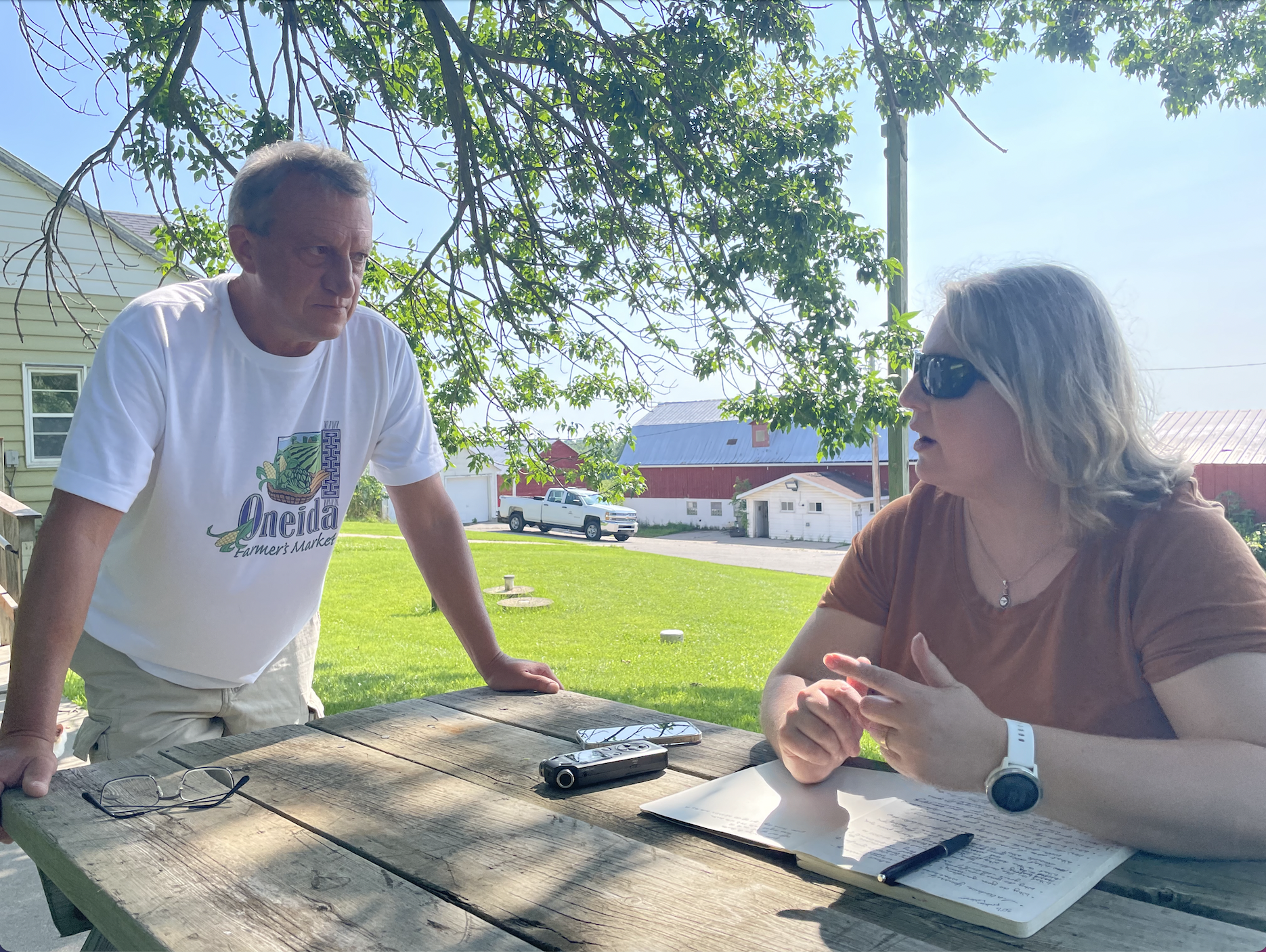
Drs. Gish Hill led this objective, which considers the decision-making process involved in revitalizing Indigenous agricultural practices, including the use of cultural knowledge to determine varieties and growing practices, food preparation, and consumption of agricultural products, asking critical questions related to the sociocultural, agronomic, and nutritional reasons behind 3SI. This research involved visits to each of the five communities each year, as well as email and phone conversations with participants to ask about their gardens, the cultural importance of the practice, the techniques they used, their concerns over soil health, and other barriers to successful production.
Dr. Gish-Hill traveled with graduate student Susana Cabrera and Agricultural Specialist Valeria Cano Camacho to each community, recruiting participants and learning about gardening and food sovereignty programs. Dr. Gish-Hill built rapport through spending time in communities, helping to weed and harvest, cooking together, and taking baseline soil samples for potential participants. By the end of the project, she and her graduate students had conducted a total of thirty-two interviews. These conversations were recorded with permission, either on a digital audio recorder or as written notes by the PI, Dr. Gish Hill.
This research resulted in hours of digital recordings of interviews and copious field notes. The interview recordings were transcribed and coded by hand. Hand coding classified, sorted, and arranged the data, looked for themes, examined relationships between the data, and identified trends. We have been returning transcriptions to interviewees for feedback and to potentially provide deeper insight into the initial interviews. We have also begun comparing the data we acquired with historical material to understand possible changes in the practice of 3SI over time. In regard to the results of this ethnographic research, we found that the Three Sisters and seed rematriation is vital to the food ways and cultural integrity of Native peoples. The specifics of each gardeners’ experience are nuanced and will be expanded upon in multiple publications that are currently under development.
These recordings will continue to be incredibly useful to those seeking to understand the importance of the Three Sisters for Native gardeners and Native Communities. They will assist in the preservation and dissemination of invaluable cultural knowledge. What is more, the relationships we have cultivated through our ethnographic research will continue to present opportunities for further research and community building beyond this project’s scope.
